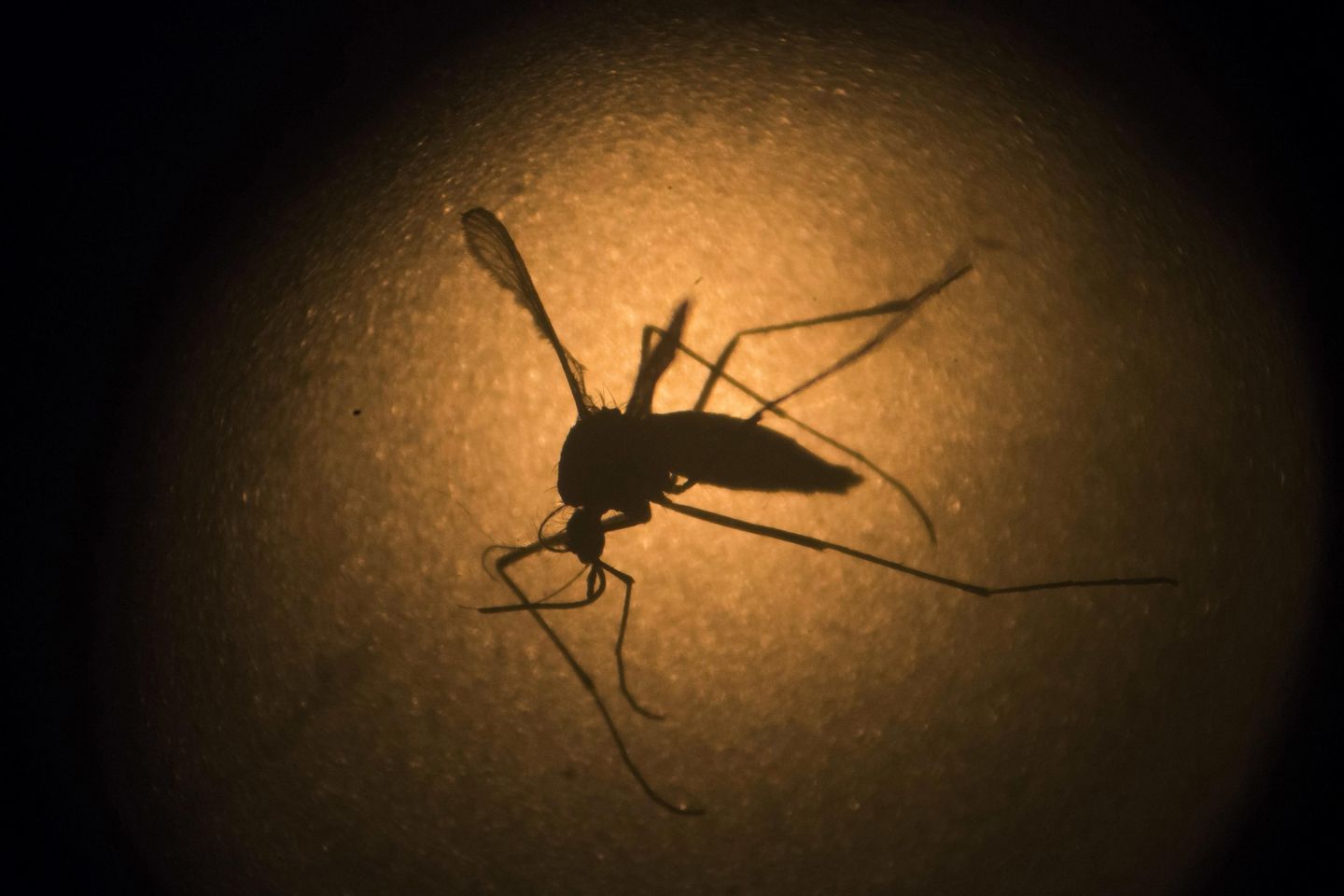[ad_1]

Genetically engineered mosquitoes have been released in the U.S. for the first time in the Florida Keys, with hopes of quelling wild, disease-carrying mosquito populations in the region.
British-based biotech firm Oxitec genetically engineered Aedes aegypti non-biting male mosquitoes to carry a lethal gene that gets passed onto their offspring when they mate with wild biting female mosquitoes. The offspring are unable to survive, hence controlling the population of disease-carrying species, according to the Florida Keys Mosquito Control District (FKMCD), one of the entities that approved the firm’s project.
Release boxes containing the genetically engineered male mosquitoes were placed in six locations last week — two on Cudjoe Key, one on Ramrod Key and three on Vaca Key — with thousands starting to emerge this month. Around 12,000 mosquitoes are expected to emerge each week for about 12 weeks.
The initial release of these mosquitoes is just the first phase of a full trial to release up to 1 billion genetically modified mosquitoes over a two-year period in Monroe County, Florida.
The Aedes aegypti makes up about 4% of the mosquito population in the Keys, yet the strain is to blame for transmission to humans of such diseases as dengue and Zika. The disease-spreading mosquitoes have also developed resistance to insecticides, the FKMCD said.
“As we are seeing development of resistance to some of our current control methods, we are in need of new tools to combat this mosquito,” said Andrea Leal, executive director of the Florida Keys Mosquito Control District, in a statement. “And given the unique ecosystem we live in, those tools need to be safe, environmentally friendly, and targeted.”
Oxitec placed its release boxes on private property and did not reveal their exact locations, due to concern that they might be vandalized, the journal Nature reported.
The mosquito project has received approval from the U.S. Environmental Protection Agency and the Florida Department of Agriculture and Consumer Services, as well as support from the Centers for Disease Control and Prevention and an independent advisory board.
“The challenges posed by disease-spreading mosquitoes is growing, not shrinking,” said Grey Frandsen, Oxitec’s CEO, in a statement last week. He called the company’s technology being used in the pilot program safe and “self-limiting.”
The biotech firm said its non-biting male mosquitoes have successfully suppressed wild Aedes aegypti in other places, including Brazil, and say there has been no harm to beneficial insects such as bees and butterflies.
In the Brazilian city of Indaiatuba, the release of the genetically modified male mosquitoes reportedly suppressed disease-carrying wild mosquitoes by up to 95% in urban, dengue-risk environments after 13 weeks of treatment when compared to untreated control sites in the same city, according to Oxitec.
However, some have expressed concern about the approach.
The Washington-based Center for Food Safety said residents of communities where the release boxes were placed were not given advance warning about when the releases would occur. Scientists have also expressed concern over genetically modified mosquitoes creating hybrid wild mosquitoes, which could be more resistant to insecticides and possibly worsen the spread of mosquito-borne diseases, the organization notes.
Researchers at Yale University and various institutions in Brazil confirmed “rare viable hybrid offspring” from engineered and wild mosquitoes in a 2019 study.
And Barry Wray, executive director of the Florida Keys Environmental Coalition, called Oxitec’s mosquito project an “atrocity to our community and a clear human rights violation, making each of our citizens victims of exploitation forced to support a for profit company’s experimental goals.”
“I do not recall anyone waiving their rights under the constitution to a quiet existence and the pursuit of happiness,” he said. “There is no means for anyone to opt out.”
However, Phil Goodman, FKMCD District II commissioner, said federal regulators determined after years of study that Oxitec’s mosquitoes would have no real negative impact on people, animals or the environment in the Florida Keys.
David Brown, technical advisor for the American Mosquito Control Association, said the organization is watching the pilot program very closely, “as we are seeing more examples of invasive mosquitoes and the pathogens they carry arriving in the U.S. and expanding their ranges within our borders.”
Although the Florida Key Mosquito Control District (FKMCD) is an AMCA member, the association was not directly involved in granting the project a permit, Mr. Brown said, noting that his organization’s members need more options to effectively control mosquitoes. He said the permit includes weekly monitoring and sampling of the mosquito population in treatment areas to ensure the release is still meeting federal safety standards.
“One important note is only adult male mosquitoes are being released, and they do not bite humans or other animals, further supporting the evidence that the mosquitoes are not expected to present risks to human health or the environment. Protocols are in place that will result in cancellation of the project immediately if sampling identifies any unforeseen event,” he said.
More than 200 types of mosquitoes live in the United States, but only about 12 spread germs that sicken people, according to the CDC. West Nile virus is one of the most common mosquito-borne diseases in the U.S.
[ad_2]